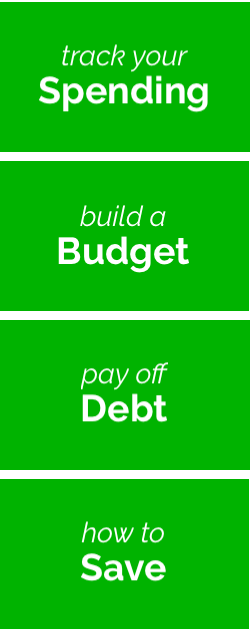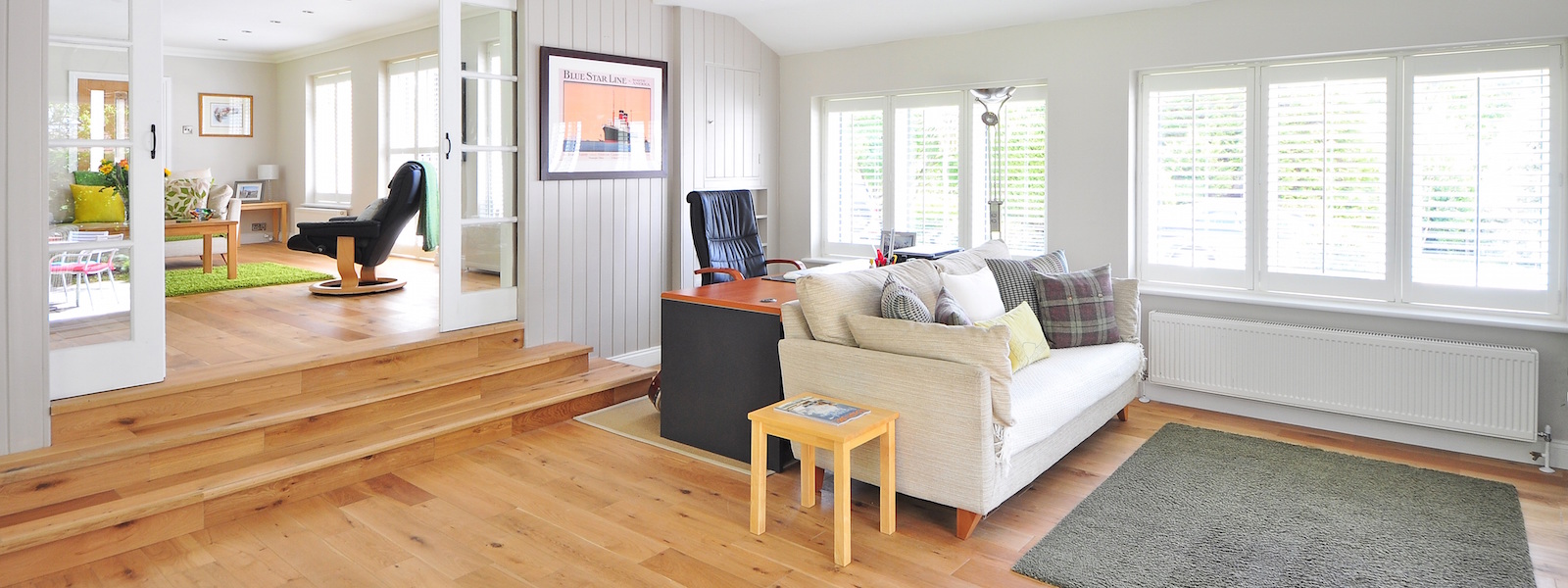Couple Money: Managing Shared Finances In A Relationship
Managing finances in a relationship is hard, isn’t it? Financial issues are one of the most common factors leading to divorce. Two people can have very unique views on money, and partners in a relationship are no exception.
Everyone values money a little bit differently. We all spend money in different ways. You might prioritize good food, while I might prioritize expensive clothes. Couples have different priorities when it comes to money and if those aren’t communicated then its easy for this to cause resentment, anger and frustration between partners.
My wife Sue and I have been managing our money together for 10+ years and I feel we’re pretty successful at it. We still have disagreements, and we each manage our money completely differently, but we have a good system in place to ensure we’re communicating regularly about our finances.
Recently Sue and I were on the Because Money podcast talking about how we manage money as a couple. Sue and I talked to Sandi Martin and John Robertson about a few of the things we do on a regular basis to make money less stressful for us as a couple. You can listen to the whole podcast, but I’ve summarized a few of the main points below.
Talk About Money Values
One of the things we did early on in our relationship was talk about money values. Money values are how you feel about money, how you feel about debt, how you feel about saving & investing, how you feel about budgeting etc.
Money can provide security, it can be traded for time (ie cleaning service!), it can be used for travel and adventure, it can provide peace of mind. It’s important to know how your partner feels about money. How do they spend money? What do they use money for? Why?
Sue and I talked a lot about money values. We didn’t necessarily sit down and talk about them directly (although that can work too!) but we did talk about them indirectly through other conversations. The result was that we each had a pretty good idea of how we felt about money.
Discuss Long-Term Goals & Planning
Before you can figure out how you’re going to manage money as a couple you first need to figure out why, why are you budgeting, why are you saving, why are you investing? (Check out this great TED talk)
Talking about long-term goals, like paying off debt, buying a house, reaching financial independence, and retiring early, is a very important step in managing money together.
Talking about how much to save. Talking about where money should be invested, and talking about why. Many of these discussions will have nothing (or very little) to do with personal finance. In the end money is just something that enables our personal goals.
We created a basic plan about 10-years ago and have been tweaking/updating it ever since. Our goals have definitely changed over the years, from buying a house, to having children, to starting a business, none of these things happened exactly to plan. The important thing was that we had a clear idea of what we wanted and how we could get there (even if what actually happened was slightly different).
Divide And Conquer With You/Me/Us Budgets
Having clear roles in a relationship makes things a little bit easier. In the corporate world we talk about “roles and responsibilities” for each team member. Relationships are no different, you and your partner are a team and you need clear roles and responsibilities.
One of the best ways to clarify who does what is by using you/me/us budgets.
The idea is simple. There are three pots of money, one pot for joint expenses (us), one pot for one partner (me), and one pot for the other partner (you). Every month money will flow in and then get allocated to each pot based on a set budget, a budget that was discussed in advance, and is aligned with your shared goals. In essence, each partner gets a “monthly allowance” based on their budget. The rest goes to joint expenses and savings.
Having you/me/us budgets allows for a certain amount of independence/flexibility which we love. If I want to spend my clothing budget on going out this month then it’s not something I need to discuss because it’s all within my own monthly budget.
Have Regular Checkpoints And Make It Fun
The last thing we do is have regular checkpoints, we call them “financial check-ins”. Regular checkpoints are a great way to set aside a specific time for personal finance discussions. Rather than getting “surprised” by a personal finance discussion you can “park” these discussions until the next checkpoint.
We do three checkpoints per year, always at the same time of the year, one in mid-January, one in mid-May and one in mid-September. We try to make it fun. We always order take-out and open a bottle of wine. We review budgets and make small changes if necessary. We review investments and rebalance if outside of our +/-5% threshold. We also check our progress vs plan (and celebrate when we’re doing well!)
Having a regular financial checkpoint means there is less chance that a personal finance issue will fester for too long. With regular checkpoints you always know that within a few months (or weeks) you’ll have a set time to discuss personal finance issues and concerns. Plus, it gives you time to prepare mentally for what can sometimes be a very difficult discussion.
How do you manage money as a couple? What best practices can you share?
Join over 250,000 people reading PlanEasy.ca each year. New blog posts weekly!
Tax planning, benefit optimization, budgeting, family planning, retirement planning and more...
Join over 250,000 people reading PlanEasy.ca each year. New blog posts weekly!
Tax planning, benefit optimization, budgeting, family planning, retirement planning and more...






0 Comments